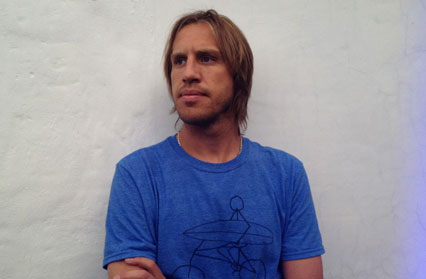

Jack Straw was once a student radical causing headaches for the very establishment authority that he would later in the eyes of many come to symbolise. (To take one example, I initially felt slightly guilty about putting a gaffe in Matthew Parris’ mouth in the Prologue, but since writing that section I met him and he made a gaffe implying I looked like Hitler, so I now consider it to be in character!) Furthermore, politicians are not simulation videogame characters who can be pigeonholed into little boxes: Eric Pickles was once a Communist. (Properly in British English we should say alternative history, but that term has become too associated in the public imagination with the aforementioned conspiracy theorists, and so even on this side of the Pond we tend to use the American term to differentiate ourselves from the tinfoil hat brigade).Īs my colleague Andy Cooke has said, it is best to consider works such as this as though they star fictional characters who merely happen to resemble the real people in name and description, and they should not be taken as a value judgement on those individuals-after all, the only ones who really know how they would react in different circumstances are they themselves, if that.

It is not a conspiracist ‘secret history’ aiming to describe events that allegedly happened behind the scenes, but an alternate history, describing events that did not take place-but could have done, if different decisions were taken. This is a work of fiction, but one which stars real people. In particular a decidedly grudging round of applause goes to Max Lindh for guessing my secret much-foreshadowed wildcard PM, after several days of wrong guesses from others, and about twenty minutes before the dramatic reveal.įinally a heartfelt thanks to my family for putting up with me spending half my time filling the house with books and the other half writing them myself.

I would also like to thank the ‘Politibrits’ of for reawakening my interest in British politics and giving me feedback on the first draft of this project. I would like to thank Sea Lion Press for giving me the opportunity to publish this work, and in particular Tom Black for popularising the format which I have used: a chronological list of Prime Ministers, different and yet familiar, together with summaries of their premierships and written over a short space of time.


 0 kommentar(er)
0 kommentar(er)
